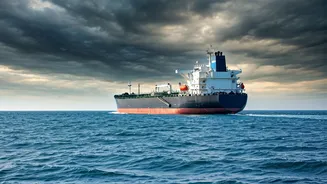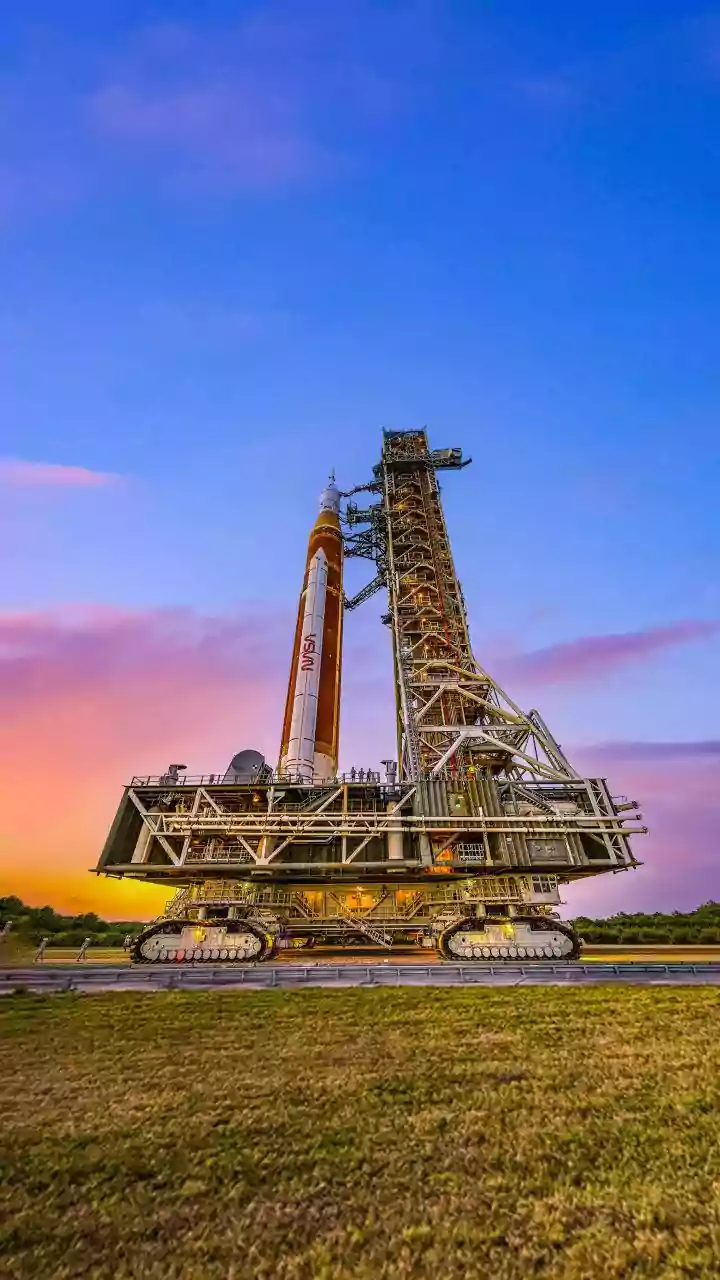Navigating Sanctions' Impact
India's recent actions reflect a careful balancing act, attempting to secure its energy needs while considering the international sanctions imposed on Russia.
Given the existing geopolitical scenarios, it is anticipated that India might not immediately halt its procurement of Russian crude oil. The government seems to be adopting a pragmatic approach, navigating the complexities of sanctions and ensuring a stable energy supply for its population. The decision-making process is influenced by various factors, including the cost-effectiveness of Russian crude and its accessibility, especially as India's dependence on imported oil is significant. India's strategy is expected to be a measured one, weighing the benefits of discounted oil against the potential risks related to international pressure and financial constraints. These decisions demonstrate an effort to prioritize its own economic interests while also taking into account the impact of the ongoing conflict and the sanctions implemented by other nations.
China's Parallel Strategy
China, similar to India, is also adopting a cautious approach in dealing with Russian crude oil. This shared strategy underscores the complexities of global trade and diplomacy in the current international climate. Both nations are navigating a challenging environment marked by sanctions and geopolitical tensions. They are likely considering how their decisions regarding Russian crude may affect international relations and the overall economic landscape. The parallel actions of India and China suggest a shared understanding of the economic and strategic implications of the conflict in Ukraine. The cautious approach might involve a detailed evaluation of various aspects, including the legal and financial frameworks governing oil purchases, as well as the long-term impact on global energy markets. This coordinated approach could be seen as an effort to minimize any potential adverse effects while still managing their energy needs effectively. Their actions highlight the intricate web of global politics and economic interests that shape decisions in the energy sector.
Economic and Strategic Considerations
India's decision-making process is heavily influenced by economic and strategic factors, particularly the need to secure a stable and affordable energy supply. Russian crude oil, often available at a discounted price, presents an attractive option for India, helping to manage its import costs. This economic advantage is crucial for a country that relies significantly on imported oil to fulfill its energy demands. Simultaneously, India must balance its economic interests with diplomatic considerations. The government is aware of the international pressure and potential financial constraints linked to purchasing oil from a sanctioned nation. This requires a calculated approach that considers all angles, ensuring a steady supply of energy while reducing the risk of diplomatic or financial repercussions. This intricate balance demonstrates the complexities of navigating global politics and economics, demonstrating India's commitment to prioritizing its national interests while remaining mindful of the wider international landscape and maintaining its global standing.
Geopolitical Realities
The geopolitical context surrounding India's approach to Russian crude is crucial. The evolving international landscape, marked by sanctions and diplomatic tensions, has a substantial impact on India's energy policies. Decisions about purchasing oil from Russia are influenced not only by price and availability but also by the nation's relationships with other countries and its position within international organizations. India is actively engaged in navigating a complex web of alliances and geopolitical interests. This requires a nuanced strategy to maintain good relations with all parties involved. India's actions reflect an awareness of the changing power dynamics and an effort to protect its strategic interests in a world where energy security is a major concern. The cautious stance adopted by India illustrates a sophisticated understanding of the interconnected nature of global politics and economics in times of uncertainty and conflict.
Future Outlook and Adaptations
Looking ahead, India's strategy regarding Russian crude oil is expected to evolve in response to changing geopolitical conditions. The government may have to continuously adapt its policies and make necessary adjustments based on the evolution of international sanctions and shifts in the global energy market. The long-term perspective will involve diversifying its sources of crude oil, strengthening partnerships with other countries, and developing new strategies to ensure energy security. This includes investment in renewable energy and the enhancement of domestic production. The ability to adapt and respond to changes will be crucial for maintaining both economic stability and its strategic position. This dynamic environment necessitates ongoing assessments and agile decision-making, ensuring that India remains well-prepared to deal with future challenges and maintain its energy independence.



















